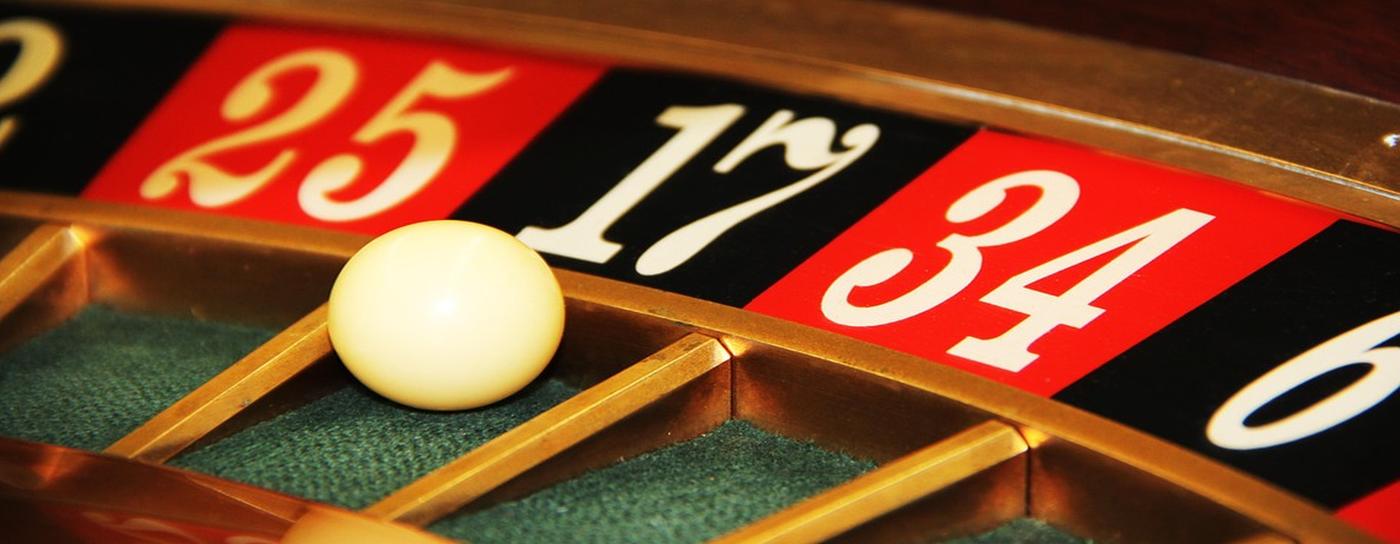
Cheat, noun: “A person who behaves dishonestly in order to gain an advantage.”
The recent BBC programme ‘Can you beat the bookies’ (https://www.bbc.co.uk/programmes/p07hjnl6) has thrown the spotlight on the modern gambling industry again.
No doubt many discussions in pubs and clubs following the broadcast of this programme will have focussed on ‘courtsiding’. Huge numbers of people are interested in making money with little or no risk, especially if it’s legal. ‘Courtsiding’ will have appeared like a dream to some, but is it cheating and is it ethical?
Another person was featured working many hours a week from home to beat the bookies betting on football. Many people probably see this as laudable, because the person is working hard. Hard work deserves success, but is this person a cheat as well? It was clear in this section that bookmakers restrict, effectively close, the accounts of people like him, so to win regularly he will have to place bets using false IDs, NB. He doesn’t have to live in Monte Carlo or register his business (winning at betting) in the Caymen Islands to avoid paying tax however big his profits.
The programme also featured a company that employs 40 people to analyse football data for betting purposes. Again, quite rightly, many people would see this as admirable. A hard working young entrepreneur employing 40 people, but is he a cheat? As an example does his company’s marketing material tell potential customers that they will likely have to use false IDs to bet in order to recoup their fees to obtain his company’s data? As certain as night follows day if his customers win regularly using his company’s data their betting accounts will be restricted; basically unusable.
The programme also featured gambling disorder, a psychiatric diagnosis, which possibly affects 0.5-1.1% of the UK population. If gambling companies make profits from an addiction are they cheats?
Whether all, none or some of these people and companies are laudable or cheats is not for one author to decide, so no further comment.
However, in this author’s opinion this programme was a pretty accurate portrayal of the modern gambling industry; so surely, it wasn’t easy watching for senior executives working in the industry or are they past caring?
We can all make moral judgements on what is cheating or not, however the main messages in the programme were that gambling can cause addiction and if you try hard to win when gambling with UK licensed gambling companies you’ll be banned.
The programme’s presenter formerly featured in a series of adverts called ‘The Ladbroke’s Life’. Two of the characters featured in the adverts; The Believer (he likes his odds long and his wins big, his middle name is risk) and The Gut Truster (where’s the fun in form he says, when you know you know you know) are very welcome to gamble in the UK, because they will lose. Whereas The Professor (calculator with a beard, he knows all the stats and facts, he reckons he can work the whole thing out) will probably be banned from gambling in the UK as he just might win on a regular basis.
Put that in an advert about ‘The UK Gambler’s Life’, because that’s the truth.








